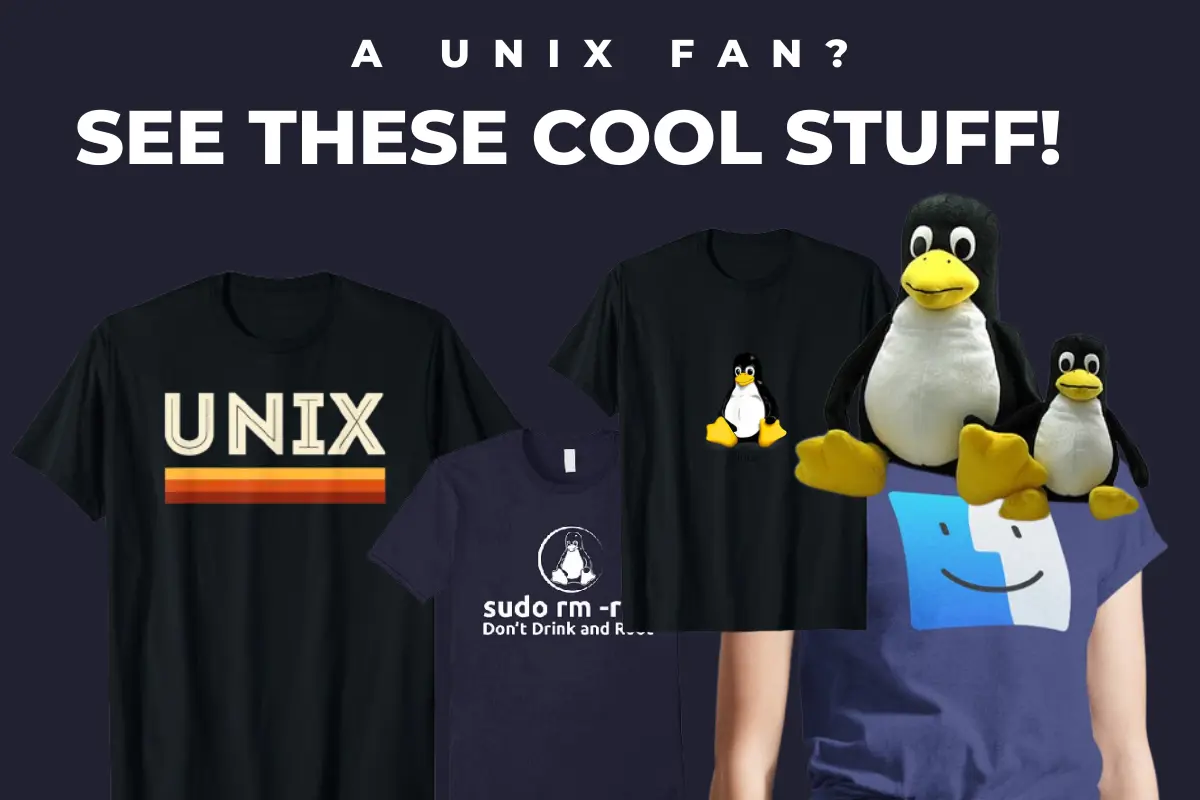2023-09-29T15:46
The 1997 Porting of Ash from NetBSD to Debian Linux: A Milestone in Open Source Collaboration

In the ever-evolving world of open-source software, the year 1997 marked a significant milestone in the history of Debian Linux. It was during this year that Herbert Xu, a talented developer, undertook the commendable task of porting the Ash shell from NetBSD to Debian Linux. This endeavor not only showcased the collaborative ethos of the open-source community but also played a crucial role in shaping the Linux ecosystem as we know it today.<br><br>The Birth of Ash:<br><br>Before delving into the specifics of the porting process, it's essential to understand the role of the Ash shell in the Unix-like operating systems. Ash, short for "Almquist Shell," is a lightweight and efficient shell that provides a command-line interface to interact with the operating system. Developed by Kenneth Almquist, it gained popularity for its simplicity and resource efficiency.<br><br>The Motivation Behind the Port:<br><br>The motivation behind Herbert Xu's decision to port Ash from NetBSD to Debian Linux was rooted in the desire to enhance the capabilities of Debian's default shell. At the time, Debian was a burgeoning Linux distribution known for its commitment to free software principles. However, its default shell, Bash, while powerful, was relatively resource-intensive, making it less ideal for systems with limited resources.<br><br>The Technical Challenge:<br><br>Porting Ash from one Unix-like system to another was no small feat. Unix-like operating systems, including NetBSD and Debian Linux, have subtle differences in their system calls, libraries, and kernel interfaces. Xu had to meticulously adapt Ash to ensure it functioned seamlessly within the Debian environment.<br><br>Collaboration and Community Support:<br><br>One of the most striking aspects of this endeavor was the collaborative spirit that defined the open-source community. Herbert Xu received invaluable assistance from fellow developers and enthusiasts who shared his vision of a lightweight shell for Debian. This collaboration exemplified the essence of open-source software development, where knowledge sharing and cooperation are paramount.<br><br>The Impact on Debian Linux:<br><br>The successful porting of Ash had a profound impact on Debian Linux. It provided users with a viable alternative to Bash, particularly on systems with constrained resources. This move aligned with Debian's commitment to inclusivity, ensuring that the distribution could run efficiently on a wide range of hardware.<br><br>Wider Adoption and Influence:<br><br>The availability of Ash in Debian Linux also had a ripple effect on other Linux distributions. It encouraged the adoption of Ash in various Unix-like systems, further establishing its reputation as a lightweight and reliable shell.<br><br>Legacy and Continued Development:<br><br>Herbert Xu's 1997 porting of Ash remains a testament to the power of open-source collaboration and the enduring legacy of developers who contribute their time and expertise to improve the software ecosystem. Today, Ash continues to be maintained and has evolved into Dash, a modern and POSIX-compliant shell that retains the efficiency and simplicity that made its predecessor so popular.<br><br>Conclusion:<br><br>In retrospect, Herbert Xu's porting of Ash from NetBSD to Debian Linux in 1997 stands as a remarkable achievement in the history of open-source software. It not only exemplified the spirit of collaboration but also provided a valuable alternative for Linux users. This effort laid the groundwork for the continued growth and diversification of the Linux ecosystem.



